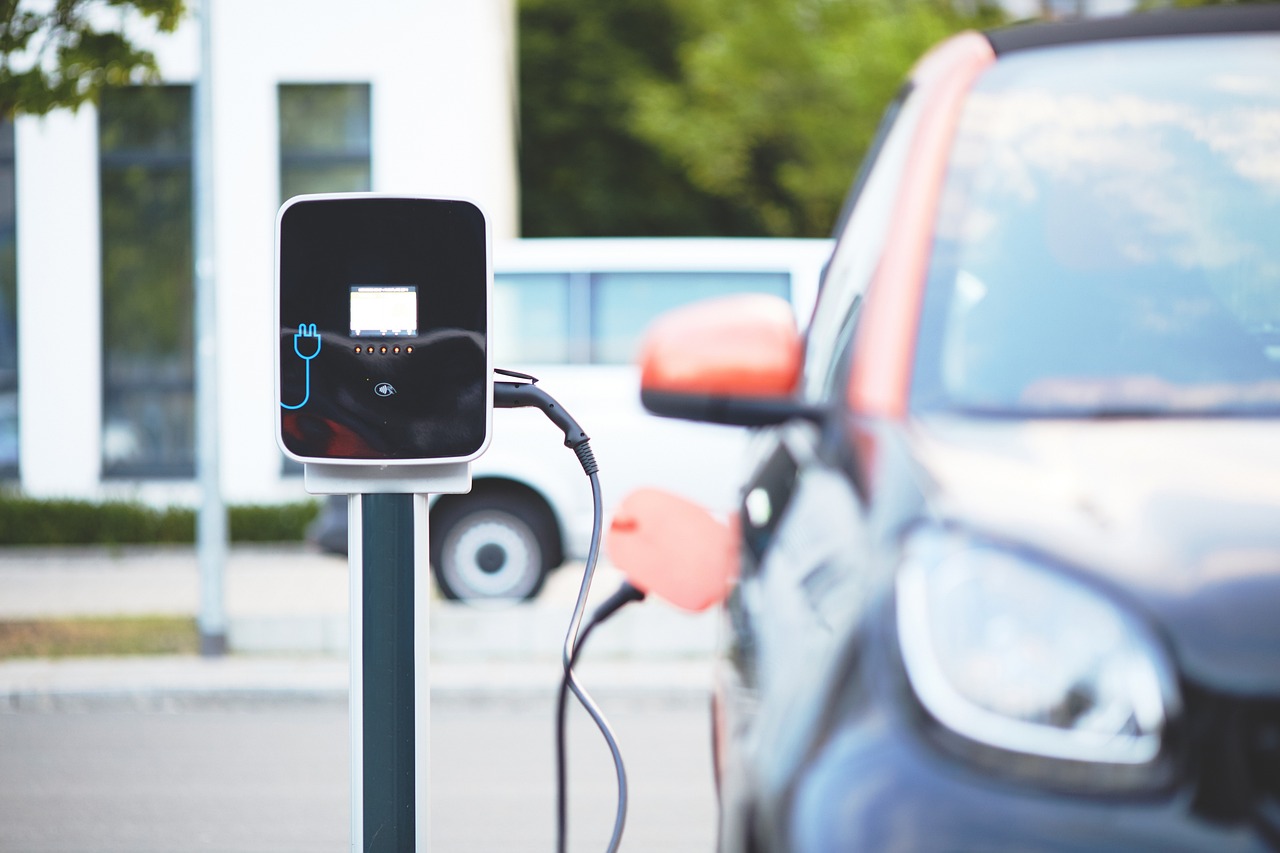BRUSSELS - Audi has decided to halt production at its electric car factory in Brussels, where the Q8 e-tron SUV is built, starting in February 2025. The decision was announced during an extraordinary meeting of the works council, according to Belgian media sources.
The German brand, part of the Volkswagen Group, is considering a possible deal with a commercial vehicle investor to take over the management of the Belgian plant, currently struggling due to the crisis that has hit the electric car market. Only a few months ago, Audi announced plans to cut its workforce by more than 2,500 people, citing concerns about the “difficult economic conditions” that are affecting production in the country.
This situation reflects a broader context in the European automotive sector, which is facing significant challenges related to the transition to zero-emission vehicles and increasing competitiveness in the global market. Audi’s decision marks a critical point not only for the company itself but also for the Belgian automotive industry, which could suffer significant repercussions from the closure of one of its key factories.
The electric car crisis has put many car manufacturers under pressure, forcing them to rethink their production strategies and assembly lines. The transition to more sustainable mobility has led to a revision of production and sales estimates, making it necessary for companies to quickly adapt to new market needs.
The future of the Brussels plant will therefore depend on the outcome of the negotiations with the potential investor and on the strategies that Audi intends to adopt to address the current economic challenges. It remains to be seen how the situation will evolve in the coming months and what the consequences will be for workers and the local economy. The closure of the factory represents a significant change in the Belgian industrial landscape and raises questions about the future of electric vehicle production in Europe.


